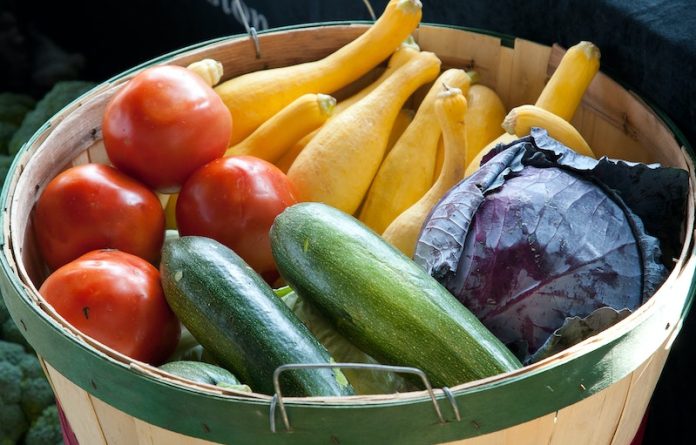
Scientists from Zhengzhou University and elsewhere found that eating fruit and vegetables may prevent type 2 diabetes in people living in rural areas.
Type 2 diabetes is a chronic condition that affects how your body processes blood sugar (glucose).
Glucose is an important source of energy for your body’s cells, and insulin, a hormone made by the pancreas, helps glucose enter your cells to be used for energy.
However, in people with type 2 diabetes, the body becomes resistant to the effects of insulin or doesn’t produce enough insulin, which causes glucose to build up in the bloodstream instead of being used by cells.
This study looked at how eating fruits and vegetables is related to the risk of developing type 2 diabetes in rural China.
The researchers asked almost 39,000 adults about their fruit and vegetable intake and followed them over time to see if they developed diabetes.
They found that people who ate more fruits and vegetables had a lower risk of developing diabetes, even after taking other factors like age and weight into account.
The researchers also looked at how the risk changed depending on how much fruit and vegetables people ate.
They found that eating at least 260 grams of fruit per day, or 600 to 1000 grams of fruits and vegetables combined per day, was linked with a lower risk of diabetes.
This was especially true for people who didn’t smoke or drink alcohol.
Overall, the study suggests that eating plenty of fruits and vegetables is a good way to help prevent type 2 diabetes in rural China.
Specifically, eating at least 260 grams of fruit per day or 600 to 1000 grams of fruits and vegetables combined per day could be a helpful guideline for promoting good health in this population.
The research was published in Primary Care Diabetes and was conducted by Kailin Niu et al.
Copyright © 2023 Scientific Diet. All rights reserved.








